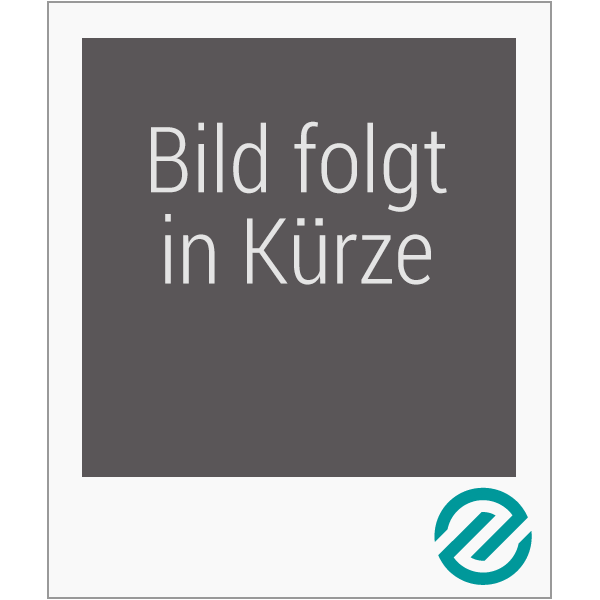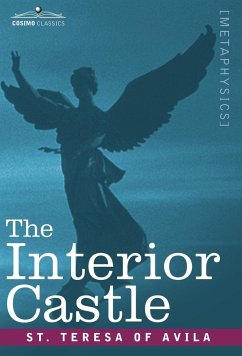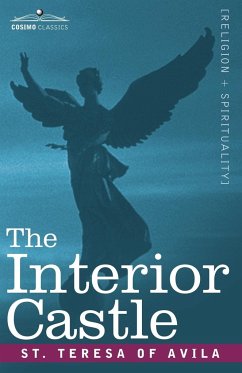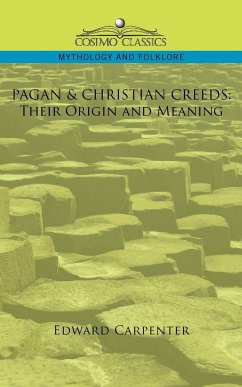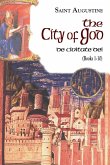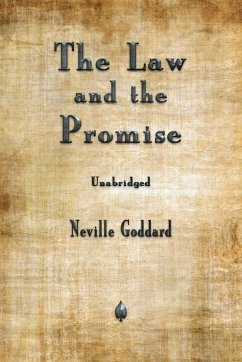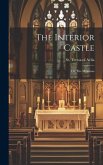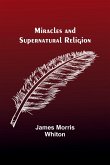From the beginning of pietism in 1675 its proponents and opponents have regularly insisted that the Awakening had direct ties to late medieval mysticism. The author investigates this assertion, centering attention on the life and work of Gottfried Arnold (1666-1714), the Lutheran historian, theologian, and poet, who of all the early pietists had the most wide-ranging knowledge and made the most extensive use of late medieval mystics. The book examines Arnold's use of these mystics in the context of earlier Protestant and Radical Reformers' approach to medieval mystical texts, indicating the ways in which he reshaped medieval concepts to inform his own theological perspective.
Hinweis: Dieser Artikel kann nur an eine deutsche Lieferadresse ausgeliefert werden.
Hinweis: Dieser Artikel kann nur an eine deutsche Lieferadresse ausgeliefert werden.

